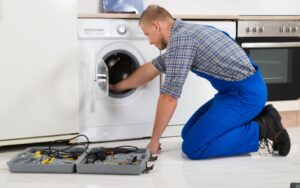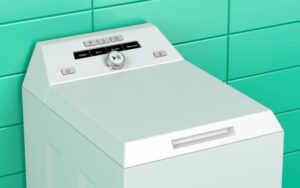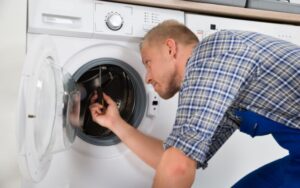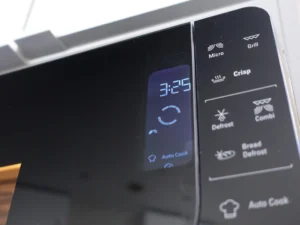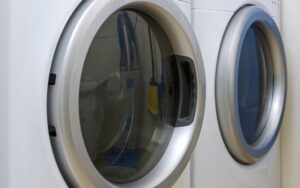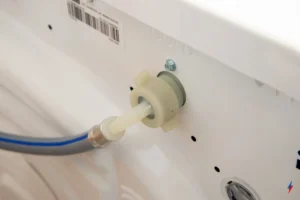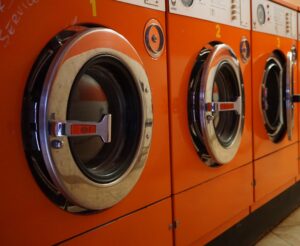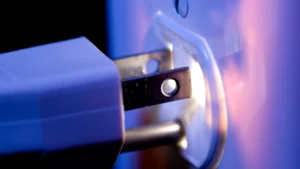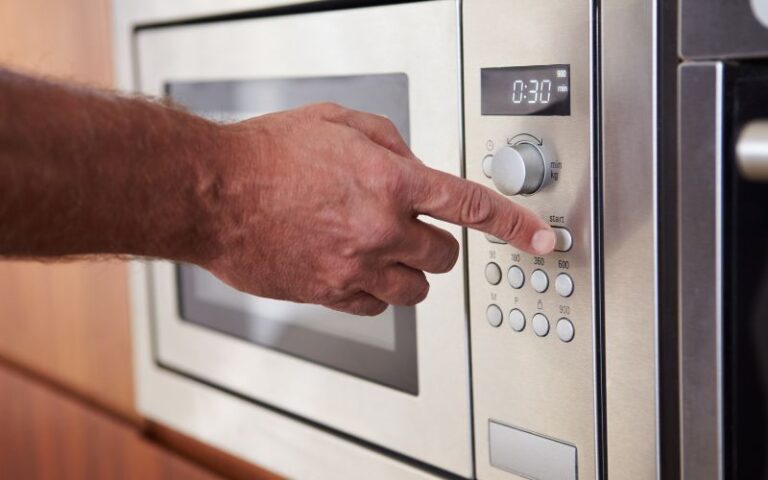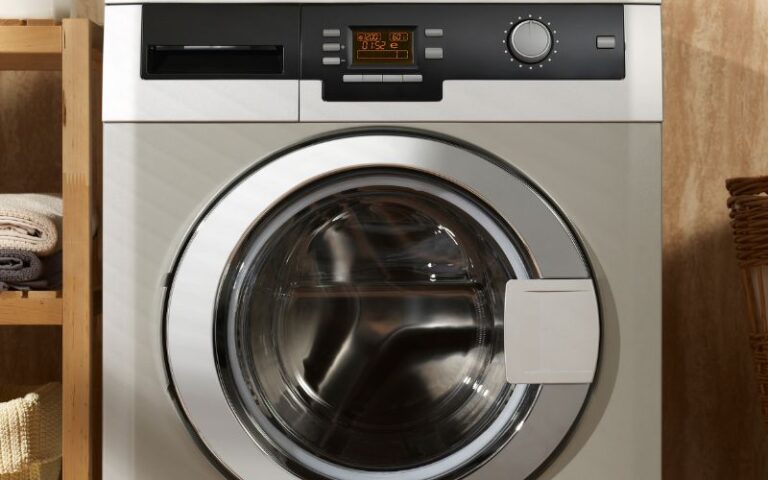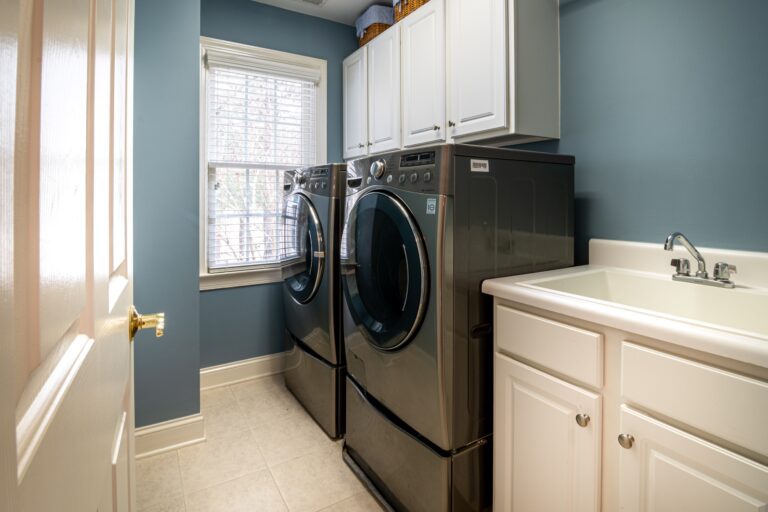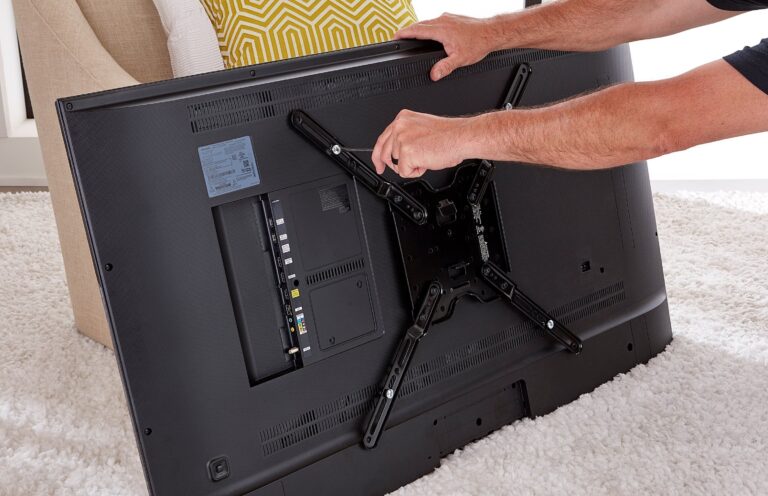Should I Turn Off Water To Washing Machine Every Time?
Leaving the water running in the washing machine is a practice many have become used to.
After all, using the washer continuously requires water, and leaving it spares you the trouble of turning it on whenever you want to use it.
However, while this may be helpful, it could also cause some problems, but some still need to realize it.
So is it necessary to turn off the water to the washing machine every time after use?
You should turn off the water to the washing machine when it’s not in use. Even washing machine manufacturers specify this because it could cause water damage. And this water damage occurs primarily because of burst hoses from washers. In worst cases, it can result in flooding if the switches stop working as the water will continue to fill up.
This article contains enough information on if to shut the water running to your washers and why it’s necessary.
Can I Leave Water on Washing Machine When Not in Use?
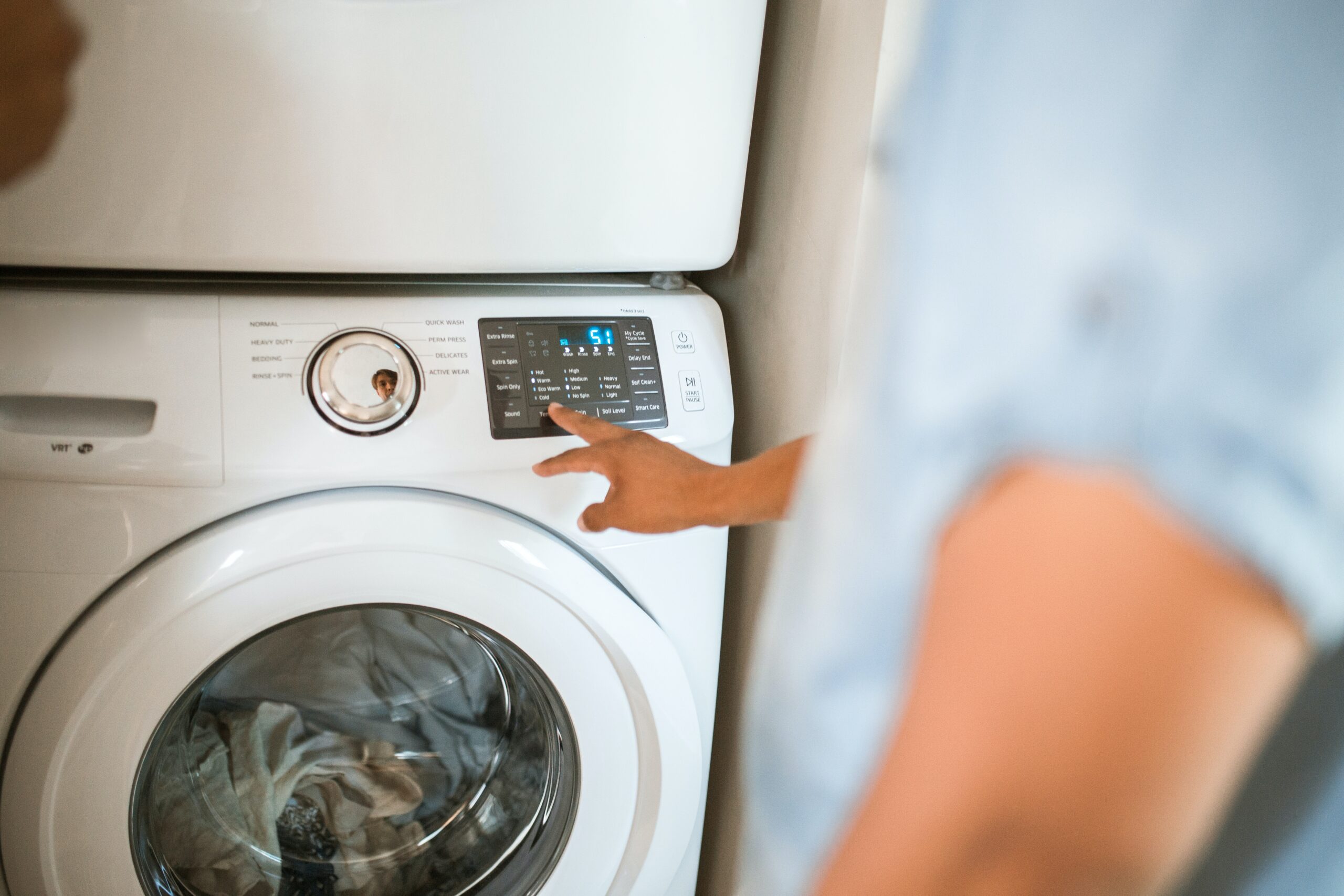
It’s not advisable to leave your washer’s tap on when not in use as it puts them under pressure and could cause a leak or even flood.
But if you intend to leave it on when under the supervision and for a few weeks, it won’t cause harm unless otherwise.
Below are a few tips on what to do to prevent any water damage.
Frequent Inspection
It’s essential to inspect your washing machine often to check for any issue you should fix or any parts needing urgent replacement before they turn worse.
Be on the look for leaks during wash cycles or any crack or worn-out tubing and replace them.
If your valves are responsible for you leaving the water running because they’re old and hard to turn, replace them as soon as possible.
Install an Emergency Turn-Off Kit
These emergency kits can save you from problems by preventing damage from weak washing machine hoses.
It gives off an alarm that causes the water to turn off if it notices any leak or burst.
And the good news is that they don’t cost much. So you only have to inspect them often to know when they need replacement.
Replace Water Hoses
The most effective method of preventing water damage related to hose problems is changing your hose often at least every 3 to 5 years.
Doing this before they wear out is better and is also an easy DIY process if you want to try it out.
Use Stainless Steel Hoses
Stainless steel hoses are more durable than rubber ones due to their resilience. And fortunately, they’re affordable for the work they do.
They’re helpful and aid in making the rubber hoses less vulnerable to damage, as the steel braids make them more sturdy.
What Happens If You Leave Water to Washing Machine When Not in Use?
Leaving the washing machine running with water when not in use will not cause any dire problems over a short period.
But when it’s prolonged, it could cause water damage. And such things likely happen at night when there’s minimal demand for water in the washing machine.
Although hoses are now stronger than they used to be, leaks can still occur in unfortunate circumstances, and the consequences can be dire.
Another problem you can face is frozen pipes if your washing machine stays in a room where temperature drops are likely, like garages.
When this pipe freezes, it could mean trouble for you after it thaws because it will flood the room.
The truth is that many people recognize the need to turn off the water to their washers when not in use, but they can’t do so due to broken valves or other problems.
It’s best to turn off the water supply to your washer if needed to avoid such issues. Locating the valves responsible for this is no problem.
You only need to look behind your washing machine for the valves controlling hot and cold water and turn them anticlockwise until they can’t move.
Below is a table showing a few examples of water valves and how to shut them off.
| Water Valve Types | How to Shut Them Off |
|---|---|
| Ball valve | Turn the straight handle clockwise until it can’t turn. |
| Globe valve | It contains a stopper you can lift or lower, and water flow stops when it seals the baffle. |
| Needle valve | Turn the needle valve’s knob clockwise until the flow stops to turn it off. |
Can You Leave the Water on in an Automatic Washing Machine?
Leaving the water off or on depends on your choice. Often, it makes no difference, but others choose to do so.
If you wish to do so, turn off the water from the main water valve, but if you don’t, it doesn’t matter, as washing machines have solenoids that regulate water flow 24/7.
In conclusion, regardless of the solenoid, a washer has, preventing problems like this is better than fixing them.
While these solenoids effectively stop water from moving into washers when not in use, they don’t guarantee total security. So, it’s best to turn off the water valves on your washing machine.
Do this especially if you’ll be away for a long time or your pipes are vulnerable to freezing to prevent a flooded room.
FAQs
Why is it Important to Turn Off the Water When Not in Use?
Doing this saves you from potentially massive damage due to dripping water heaters, frozen pipes, or leaking hoses.
Why Do Washing Machine Hoses Leak Water?
Most washing machine hoses are rubber and hence are vulnerable to leaks as they lose effectiveness after some time. So, it’s best to use stainless steel braid hoses as they’re safer.
What Happens if You Don’t Turn the Water Off?
If you don’t turn the water valves off, water remains in your pipe and can burst open if there’s a leak.
You May Also Like To Read
- Can You Use A Studor Vent On A Washing Machine?
- Can You Use A Washing Machine Without A Boiler?
- Can I Use A Washing Machine Without Running The Water?
- Can A Washing Machine Get Rained On? (5 Steps To Protect)
- 5 Reasons Your Whirlpool Washer Stuck On Sensing Or Wash Cycle!
- 4 Reasons Your Lights Flicker When Washer is On!


